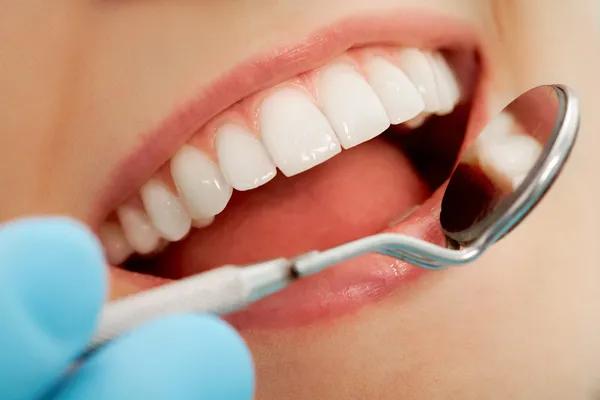Sleep hygiene is a term that refers to the practices and habits necessary for good quality sleep and full daytime alertness. It’s not just about getting enough hours of rest, but also ensuring that your sleep is restorative and uninterrupted. The importance of sleep hygiene for wellness cannot be overstated.
Firstly, it’s vital to understand that our bodies require sleep just as they need food and water. During this time, our body performs essential functions such as muscle repair, memory consolidation, and release of hormones regulating growth and appetite. Thus, without adequate sleep, these processes can be disrupted leading to physical health issues like weakened immune system, weight gain or loss, increased risk of chronic diseases like heart disease or diabetes.
Moreover, poor sleep hygiene doesn’t only affect our physical health; it has significant implications on mental health too. Sleep deprivation or interrupted sleep patterns can lead to mood disorders such as depression or anxiety. It also affects cognitive functions including memory recall and concentration making daily tasks more challenging than they should be.
In addition to these direct impacts on health outcomes, poor sleep hygiene can negatively impact overall quality of life by reducing energy levels during waking hours. This can make it delta 9 gummies difficult to engage in regular exercise or maintain social relationships – both crucial aspects for overall well-being.
So how does one improve their sleep hygiene? There are several strategies which include maintaining a consistent bedtime routine even on weekends; creating a comfortable sleeping environment (cool temperature in the room), limiting exposure to bright light especially from electronic devices before bed; avoiding stimulants such as caffeine close to bedtime; incorporating physical activity into your daily routine but not right before going to bed; managing stress through relaxation techniques like meditation or deep breathing exercises among others.
Furthermore, while improving your personal habits will go a long way in enhancing your quality of rest at night – it’s equally important not ignore potential medical conditions that might interfere with getting good night’s rest such as insomnia or obstructive sleep apnea. If you’re having trouble sleeping despite your best efforts, it’s advisable to seek professional help.
In conclusion, sleep hygiene is a critical component of overall wellness that is often overlooked in our busy lives. By prioritizing good sleep habits and addressing any underlying issues that may be disrupting your rest, you can significantly improve not only your night-time slumber but also your daytime energy levels and overall health. Remember that good sleep isn’t a luxury – it’s a necessity for maintaining physical, mental and emotional well-being.



